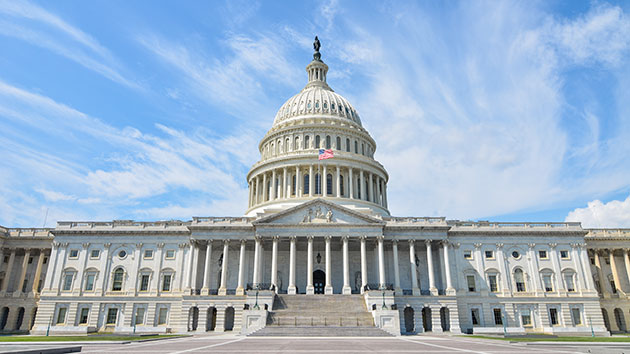
Super Tuesday voters at Sherrod Elementary School in Arlington, TexasLM Otero/AP

Voters in a dozen or so states are heading to the polls Tuesday for the year’s biggest presidential primary clashes so far. The victors will find themselves a giant step closer to the Oval Office, where they would have a chance to reshape US policy on a wide range of issues, including climate change. So we decided to take a look at what voters in the Super Tuesday states think about global warming.
Last year, the Yale Program on Climate Change Communication released a nationwide study of Americans’ attitudes toward climate science and policy. In many states—especially the large bloc of Southern states voting on Tuesday—the results were not particularly encouraging.
According to the Intergovernmental Panel on Climate Change, scientists are 95 percent certain that human activities are responsible for most of the dramatic warming since the 1950s. But according to Yale’s estimates, that opinion is shared by less than half of adults in Alabama, Alaska, Arkansas, Georgia, Minnesota, Oklahoma, Tennessee, Texas, Virginia, and Wyoming.
Overall, just 48 percent of adults in the Super Tuesday states accept the scientific consensus.
Here’s a slightly different way to look at the data. Yale combined those who believe global warming is mostly driven by humans with those who said it’s caused by both nature and humans. The researchers also combined two types of climate science deniers: those who believe the warming is natural and those who simply don’t believe the world is getting warmer. This makes the numbers look a bit better, but in many of the Super Tuesday states, a huge number of people still clearly reject the scientific consensus.
Stats like this go a long way toward explaining why all five of the remaining GOP presidential candidates continue to reject the realities of climate science.














